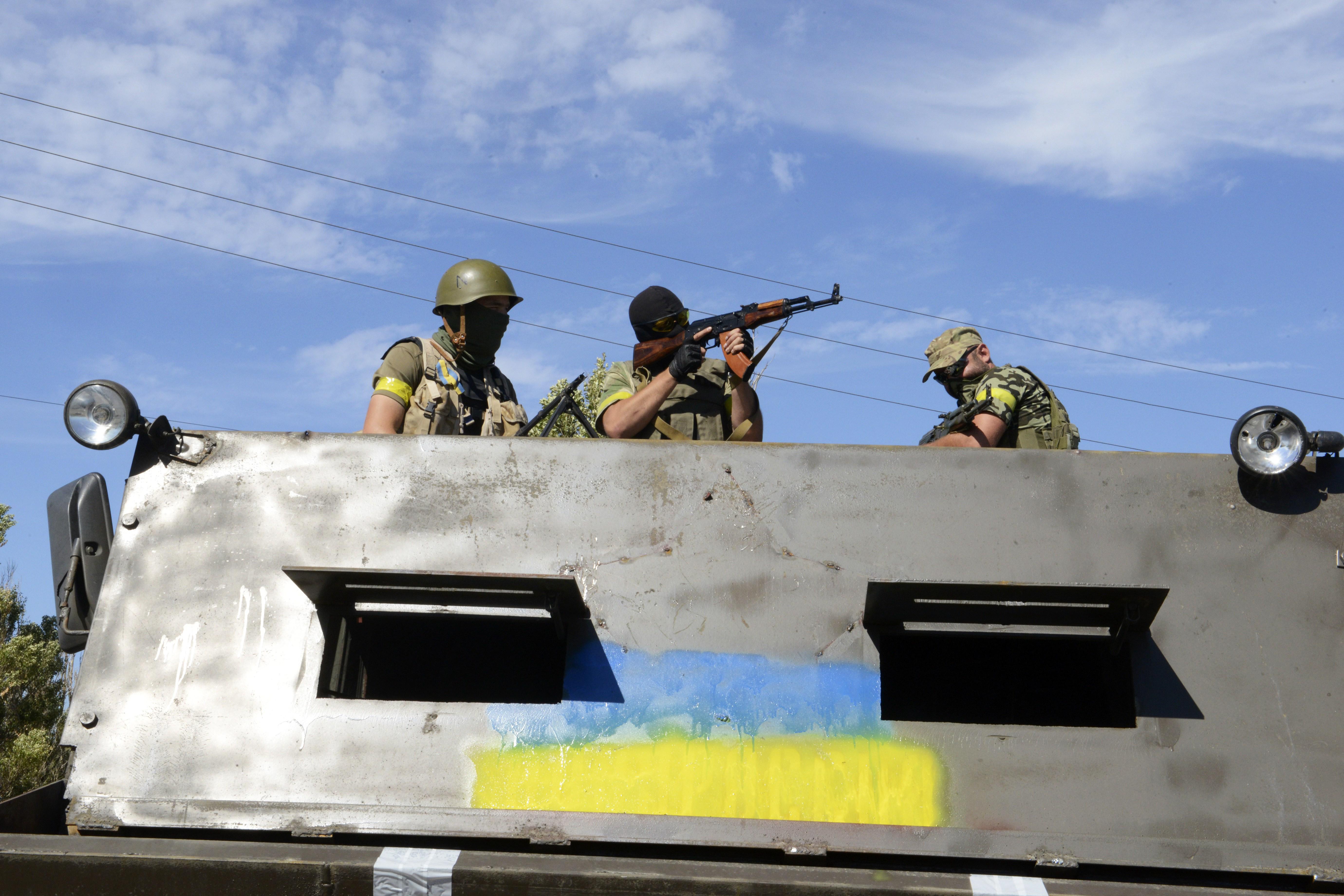In a reversal of the old Groucho Marx/Woody Allen line, NATO is now a club where the only countries who want to join have no choice of becoming members.
With Russia ramping up its military involvement in Ukraine, Kiev is reopening the question of NATO membership in what Reuters calls “its most decisive step yet to pursue Western military protection from what it now describes as an invasion by its neighbour.” Article 5 of NATO’s charter would require other members of the alliance to come to Ukraine’s aid in the event of an outside attack.
NATO membership has long been a goal for Ukraine, but one vigorously opposed by Russia. Back in April 2008, the question of membership for Ukraine and Georgia split a NATO summit in Bucharest, with the Bush administration pushing for the two post-Soviet states to be admitted and most European states opposing.
Four months later Russia invaded Georgia, which could be seen as a vindication of Bush’s position—Article 5 protection could have acted as a deterrent against Russian aggression—or as a vindication of Europe’s: The treaty could have drawn the United States and its allies into a costly and potentially catastrophic war with Russia.
Much of the postwar analysis of the Georgia war suggested that it had made membership less likely for those Eastern European nations that aren’t already part of NATO. After all, few governments want to shoulder the burden of protecting Vladimir Putin’s neighbors. And indeed, NATO stopped short of offering a membership plan to Georgia at a summit in June, and the United States reportedly didn’t put up much of a fight over the issue this time.
This is the irony of NATO membership. The events of the past few months have made it very clear why Ukraine is interested in Article 5 protection. Past agreements, which affirm the country’s territorial integrity but don’t include any guarantees of military assistance, have proved pretty useless. NATO membership is the main reason why the risk to countries like Poland and the Baltic States is likely pretty minimal.
But NATO is never going to offer a security guarantee to a country under imminent risk of attack—or in Ukraine’s case, under actual attack. In short, the countries most in need of a security guarantee are the least likely to be given one.
The crisis also makes clear that the Eastern European countries that are in the club are lucky to have gotten in during the late 1990s and early 2000s, when tensions weren’t running quite so high. The road to membership is a much tougher one now.
